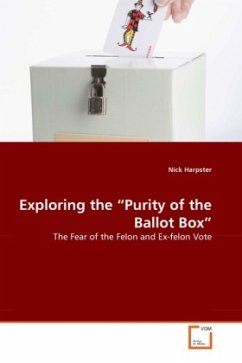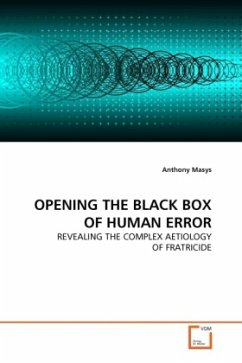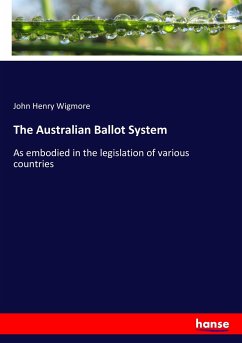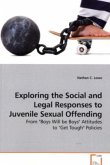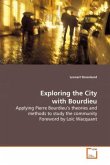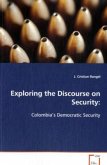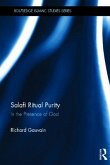One of the main justifications of felon disenfranchisement policies since their adoption in the United States has been keeping the ballot box pure . This study addresses four main questions often left unanswered in the academic research on felon disenfranchisement policy: (1) How would felons and ex-felons vote if given the opportunity?; (2) Would felon and ex-felon political stances be significantly different than the non- felon population?; (3) Do felons have a clear picture of how disenfranchisement laws as well as the restoration process operate?; and (4) Would the number of felon and ex-felon votes truly be enough to make a dramatic change in elections? Also addressed are the racial and economic impacts of felon disenfranchisement policies and how this affects the political strength of minority neighborhoods and voting districts. The implications from the study support the response that felons' views on political issues are very similar to that of the general population and that confusion about the restoration processes involved in disenfranchisement is still abundant.
Bitte wählen Sie Ihr Anliegen aus.
Rechnungen
Retourenschein anfordern
Bestellstatus
Storno

